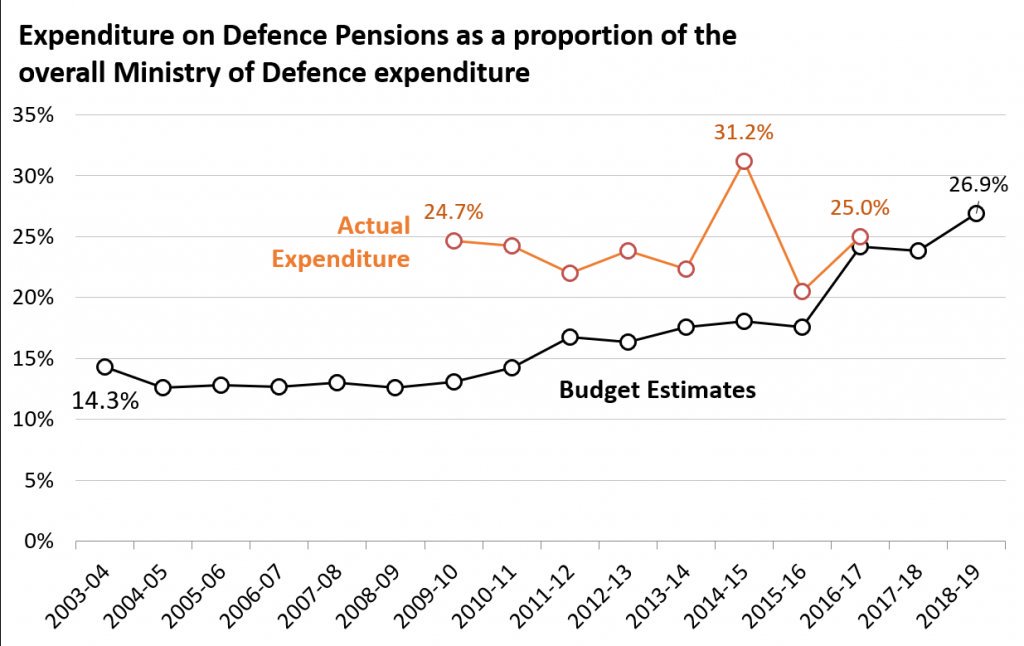My take on #Rafale:
1. Defence purchases involve secrecy agreements, but they don't necessarily cover price disclosures.
2. Armament sellers want to strike the best possible deals with multiple countries, so it helps them if prices are kept secret.
1. Defence purchases involve secrecy agreements, but they don't necessarily cover price disclosures.
2. Armament sellers want to strike the best possible deals with multiple countries, so it helps them if prices are kept secret.
3. But India as a buyer of armaments has quite a bit of market power, and can contest conditions imposed by sellers. Buyers can also force sellers to conform to democratic transparency and disclosure requirements.
As @SushantSin shows, the current government had acceded to sharing price information in the past. But then changed its mind.
indianexpress.com/article/india/…
indianexpress.com/article/india/…
5. In general, there is excessive secrecy around defence budgeting. The parliamentary standing committee is the one source that provides a few authoritative details beyond the high level budget. But even they don't go into specific deals ever. That's unfortunate.
6. This secrecy around defence spending has no basis in reason. There can be a lot more transparency around defence spending, which can improve scholarship in the country, and more informed policy.
7. To me, the biggest concern around Rafale is why the MMRCA was scrapped, and why India shifted from a Buy-and-Make agreement to just buying 36 Rafales direct from France.
8. But the price disclosure is a no-brainer. This secrecy, far from protecting the national interest, is actually hurting it.
9. The biggest concern is that we are not spending enough on defence modernisation. This is an old article from 2013, but the story has stayed the same or gotten worse since then.
pragati.nationalinterest.in/2013/09/infogr…
pragati.nationalinterest.in/2013/09/infogr…
10. What little spending India does on defence modernisation goes towards paying for past purchases. The UPA government had lost its focus on procurement by the end of their term.
pragati.nationalinterest.in/2014/03/spendi…
pragati.nationalinterest.in/2014/03/spendi…
11. The Modi government has had a poor record on defence modernisation. They approved OROP, after a campaign promise. Subsequently, they started going quiet about defence spending in budget speeches.
12. Here's what the Finance Minister did not tell us in 2016: livemint.com/Home-Page/ntHp…
14. This year, we hit a milestone. India's defence pensions are budgeted at 1.05 lakh crores! A whopping 26% of the overall defence spending.
Soon, we'll have a pension fund with an army attached to it. Not the other way around. /Fin
thinkpragati.com/opinion/3366/s…
Soon, we'll have a pension fund with an army attached to it. Not the other way around. /Fin
thinkpragati.com/opinion/3366/s…

• • •
Missing some Tweet in this thread? You can try to
force a refresh




